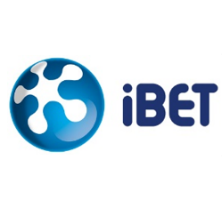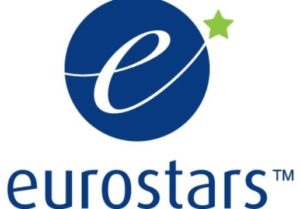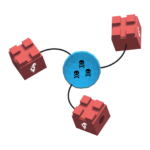
Nanofitins® can be easily conjugated to other moieties (small molecule, biologics, nanoparticles) by genetic fusion or click chemistry (regio-selective conjugation). This means that the Nanofitins® can be considered as a neutralising agent but also as a vector to increase target-specificity of a payload or enable BBB-crossing, intracellular targeting (PPI)… Previous conjugation experiments with industrial partners include conjugation to enzymes for BBB-crossing, conjugation to toxins / loaded nanoparticles for cellular / intracellular targeting…

Antibody-Drug-Conjugates (ADC) show superior pharmacological results for solid tumours compared to standard cancer therapeutics. However, significant limitations need to be circumvented: tumour penetration, cost-effectiveness, side effects… In the framework of the project OncoFitin Drug Conjugate, Affilogic is addressing these challenges in this competitive landscape, together with its partners the Institute of Experimental Biology and Technology (Portugal) and the University of Geneva (Switzerland). We are developing first-in-class vectors for targeted delivery of cytotoxic agents into cancer cells.
This project was partially sponsored from November 2017 to February 2020 by a grant from Eurostars / the European Commission via BPI France (DOS0059903).






Affilogic is also working on engineered nanovaccines for anti-tumour immuno-therapy with its partners from the Nanovax project, i.e. the Ghent University (Belgium), the Centre de recherches sur les macromolécules végétales (CNRS, France), the Oslo University Hospital (Norway) and the Institute for Bioengineering of Catalonia (Spain). We are developing a novel class of potent and safe nanovaccines based on degradable nanoparticles conjugated to Nanofitins that target tumour associated antigens and activation stimuli to dendritic cells.
